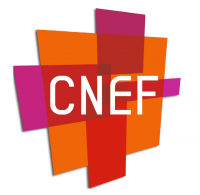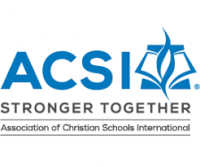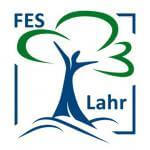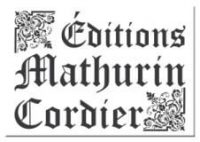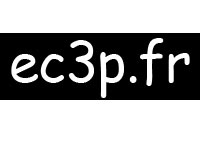Vision
Christian principles of teaching theory and practice
We claim the following principles for contemporary education in Europe:
Responsibilities in education
- We affirm that parents have the primary responsibility for their children’s education. They therefore have a responsibility to ensure that, as far as possible, the type of education their children receive is in line with their own beliefs and values. This may mean home schooling, or schools run by a church or other community group, or by the state itself.
- We affirm that teachers’ responsibility for the education of the children entrusted to them is delegated to them by parents, who are expected to remain involved in their children’s education.
- We affirm the responsibility of students and teachers, and indeed of all of us, to engage in a lifelong learning process, and to do so in partnership.
- We affirm that Christian churches have a responsibility to teach their members and their children to think and live as disciples of Christ. They have an even greater responsibility to serve the community, embodying God’s love in a broken world, in part through their commitment to education within their city.
- We affirm the responsibility of parents to prepare their children to look critically at lessons and activities that are clearly opposed to their beliefs and values, and where necessary, to withdraw their children from such lessons or activities.
- We affirm that governments have a responsibility for the welfare of the citizens of their state, including ensuring that education is available to children. It also has a responsibility to determine a framework of common values, but this should neither prevent the development of particularities, nor prevent Christians from taking responsibility for conceiving and exercising education from the perspective of their faith.
- We affirm that all those who educate, in whatever educational context, are ultimately responsible to God for what they do.
Aims of education
We affirm that education is a lifelong learning process that concerns :
- The development of the whole person (e.g. spiritual, will, intellectual, moral, social, cultural, emotional, physical)
- A full understanding of created reality in all its distinct aspects (e.g. ethical, mathematical, linguistic, historical, aesthetic, scientific)
- Finally, life as a whole and its various activities (e.g. work, play, rest, thought, creativity, imagination, discovery).
We affirm that education should provide opportunities:
- To get to know Jesus Christ and understand His plans for everyone’s life
- To discern truth from falsehood, and to do what is right rather than what is wrong
- To live as responsible citizens through relationships of mutual love, respect and service to one another, within families, communities or societies; to study all aspects of created reality
- To learn to manage and care for it responsibly
- To appreciate and taste the beauty and wonder of what God has made, as well as of human achievement and creativity
- To develop practical gifts and the ability to communicate, make decisions and be creative to understand, appreciate and value their history and heritage.
Content of conventional education
- We affirm that education involves the transmission of knowledge of God’s created reality in all its aspects
- We affirm that the choice, content and structure of the program always reflects the fundamental convictions of those who establish it. No program is neutral. This is why we need to find in the beliefs and values of the Bible a valid foundation on which to determine the content and structure of the program.
- We affirm that the importance of beliefs and values should be central to the content of education. Students should be helped to distinguish and critically evaluate their own views as well as those of others. This applies to all subjects in the program and is essential to the study of the Bible
- We affirm that what is “hidden” in the program is as important as what is visible. For this reason, underlying beliefs and values should be expressed consistently both in the way a school is run and in the content of the subjects that are taught.
Methods of education
- We affirm that the Old and New Testaments, especially the example of Christ, are an important source of methodological principles for teaching in an appropriate and varied way
- We affirm that relationships of authority, respect and love are of crucial importance in creating an environment that is safe, conducive to learning
- We affirm that teachers should express Christian beliefs and values in their attitude and manner of teaching
- We affirm that teaching methods should be designed to develop the pupil’s ability to appropriate their own beliefs and values, rather than manipulate or coerce them into accepting the beliefs and values of others
- We affirm that teaching methods should respect the dignity of the individual, developing in the pupil a sense of self-esteem
Leadership, policy and administration in education
- We affirm that the politics of education in general, and the administration of certain educational institutions, should serve the highest goals of education rather than a more or less economically oriented vision
- We affirm that the politics of government and school education should always seek to protect and help the poor, the marginalised, the disadvantaged and the powerless.
- We affirm that educational leaders should be dedicated to vision, inspiration and service, rather than to domination
- We affirm that power should be exercised in an open and authoritative manner, rather than in a punitive, closed and peremptory manner
- We affirm that school leadership and administration is of crucial interest. Christian thought and values have a particularly crucial contribution to make to the development of the school atmosphere.
- We affirm that leaders should empower teachers to be good classroom administrators, for example through pastoral accompaniment, and by facilitating ongoing training.
In reference to the Prague Declaration: Conference of the European Association of Christian Teachers (EurECA), St John-under-the-Rock, Prague, May 16-19, 1997.
